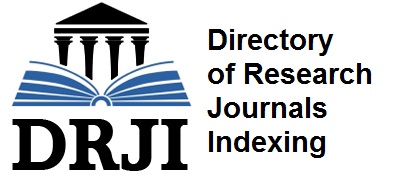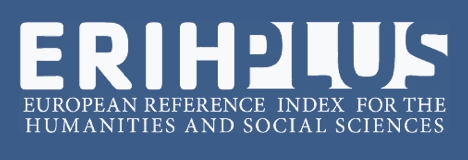L’eau comme bien commun: les raisons philosophiques
The Water as a common Good: the philosophical Reasons
Abstract
L'eau est un élément prédominant de la vie sur terre. Cette thèse a été établie à partir des premiers philosophes de l'histoire occidentale. La richesse de leur réflexion nous permet de comprendre que la valeur de l'eau est un bien commun, qui est le droit à la vie. La privatisation de l'eau génère ainsi le paradoxe de transformer un atout indispensable à la vie de tous les êtres vivants dans un privilège qui ne peut être obtenu que par ceux qui peuvent payer. L'eau comme bien commun coïncide avec le même droit à la vie pour tous les êtres vivants.
Water is a predominant element for life on earth. This thesis has been established from the earliest philosophers of Western history. The richness of their reflection allows us to understand that the value of water is a common good, which is the right to life. Water privatization, thus, generates the paradox of transforming an indispensable asset to the life of all living beings into a privilege that can be obtained only by those who can pay. The water as a common good coincides with the same right to life for all living beings.

This work is licensed under a Creative Commons Attribution-NonCommercial 4.0 International License.
Authors who publish with this Journal agree to the following terms:
Authors retain copyright and grant the Journal right of first publication with the work simultaneously licensed under a Creative Commons Attribution-NonCommercial 4.0 International License.
This Journal permits and encourages authors to post items submitted to the Journal on personal websites or institutional repositories both prior to and after publication, while providing bibliographic details that credit, if applicable, its publication in this Journal.

















